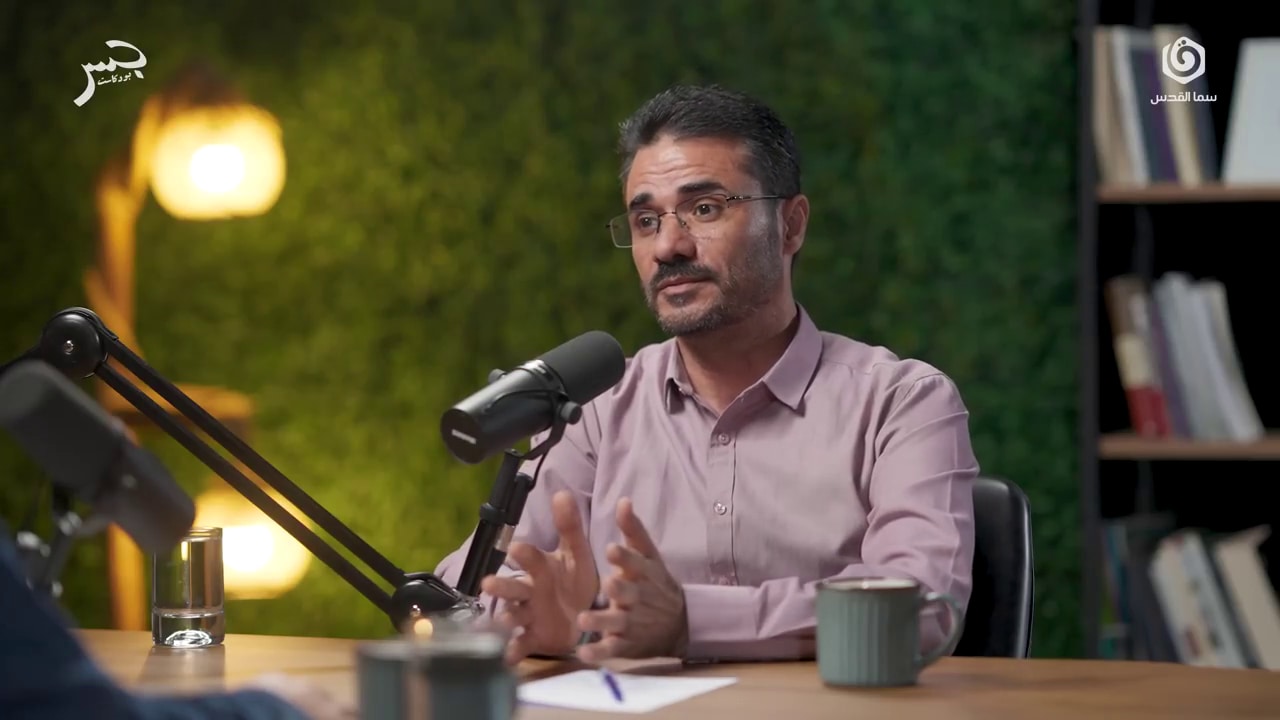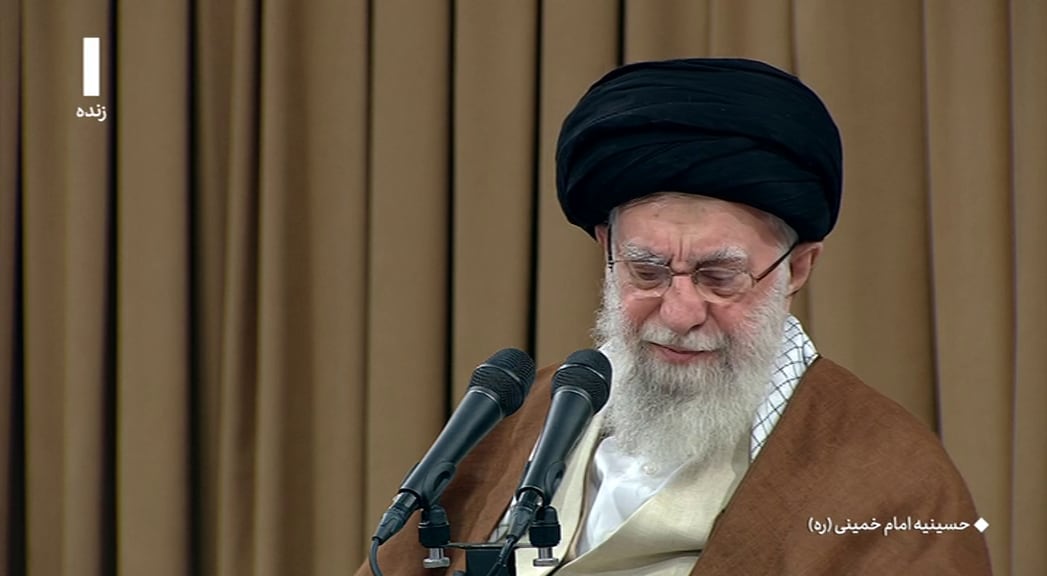
French Islamic studies researcher and founder of the group "Talk to Me About Islam" Kahina Bahloul was interviewed on France 24 Arabic channel on February 8, 2019. Bahloul will be leading prayers in Paris' first mixed-gender mosque, and she said that the mosque will allow women to choose whether they wear a hijab or not because of the belief that "there is no place for coercion in Islam." She added that homosexuals will also be welcome because the sexual orientation of mosque members is a personal issue. She called for a "re-evaluation of history" and added that it is time for women in Islam to have a say about religious interpretations.
Following are excerpts:
Host: She could be the first woman to lead Muslims in prayer in France, and the first woman to deliver a Friday sermon in the first mixed-gender mosque. This Paris mosque is expected to open its gates to veiled and unveiled women, as well as to homosexual Muslims. Our guest today is Kahina Bahloul – researcher in the field of Islamic studies and founder of the group "Talk To Me About Islam." Kahina, welcome back to France 24.
Kahina Bahloul: Hello.
[…]
Host: Aren't you afraid that, sooner or later, it will become a mosque for minorities only?
Kahina Bahloul: I don't think so. It is correct that we allow women to choose [whether to wear hijab or not], because we are convinced that in Islam, as in all other religions, there is no place for coercion.
[…]
Host: What about allowing homosexuals to pray in this mosque? On what did you base this decision?
Kahina Bahloul: This is not an issue we give must attention to because we believe that each person has the freedom to choose his own sex life. We do not ask people who come to the mosque what their sexual orientation is. It is a personal matter and not our concern. Therefore, anyone is welcome in this mosque.
[…]
We are calling for a re-evaluation of history that will help us take a critical look at what is being implemented today in Islam. For example, with regard to the issue of women in Islam, the problem is that for decades and centuries – for more than a thousand years – this matter was discussed only by men. In most cases, the interpretation of religious texts relied on a masculine and patriarchal mentality. We believe that now, in the 21st century, the time has come for women to have a say about these interpretations.

















